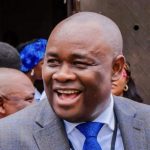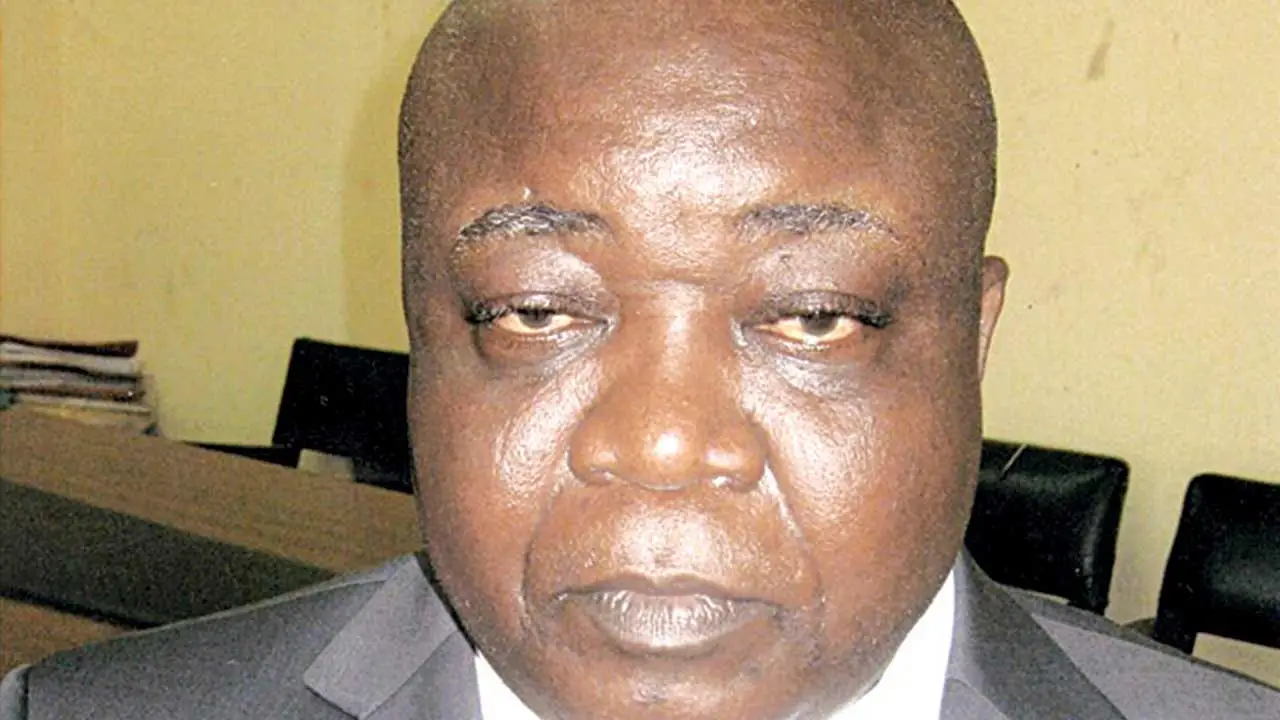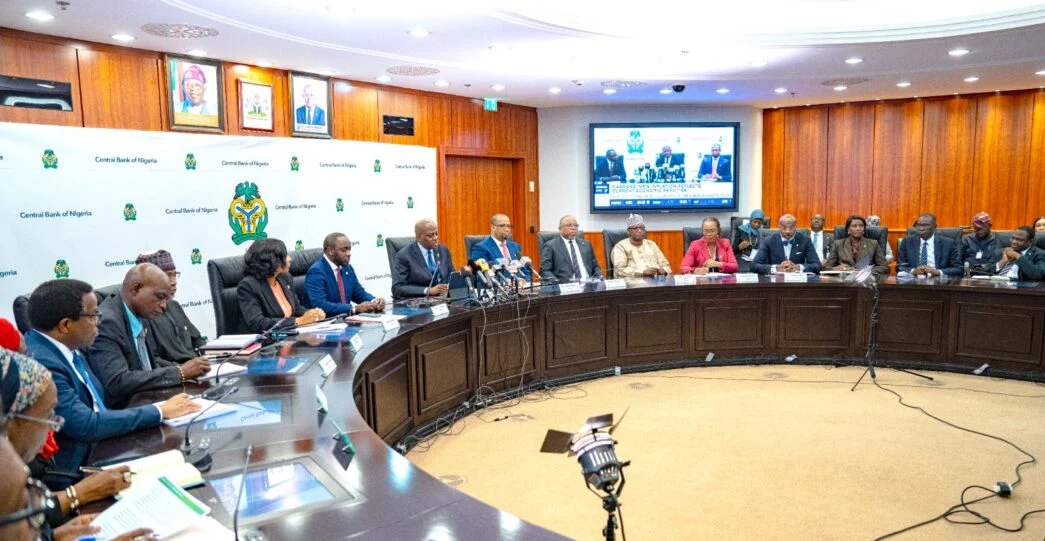Nigeria’s energy sector has witnessed a remarkable resurgence in 2024, aptly termed “The Phoenix Year.”
Ms. Olu Verheijen, Special Adviser to President Bola Tinubu, on Energy, in a post on her official X handle on Wednesday noted that “Under the visionary leadership of President Bola Ahmed Tinubu, the sector has transformed from stagnation to vibrancy, paving the way for industry growth and economic prosperity for all Nigerians.”
Verheijen pointed out that the year 2024 was marked by bold reforms that improved Nigeria’s investment competitiveness in the oil and gas sector.
She said: “The introduction of Five Policy Directives restructured the upstream and midstream sector, attracting investments and expediting energy delivery to global and local markets.
“These policies have positioned Nigeria as a top-tier destination for energy capital allocation, catalyzing unprecedented investments not seen in over a decade.”
Notably, 2024 witnessed the Final Investment Decision (FID) on Nigeria’s first Deep Offshore greenfield development, valued at $5 billion, signaling renewed investor confidence and long-term commitment to the country.
Persecondnews recalls that in December President Tinubu welcomed Shell and its four partners’ namely the Nigerian National Petroleum Company Limited (NNPCL), ExxonMobil, TotalEnergies, and Eni’s announcement of a Final Investment Decision (FID) on the Bonga North Deep Offshore Field.
The Bonga North oilfield, located 130 kilometres offshore in Oil Mining Lease (OML) 118, represents an impressive estimated $5 billion investment and is expected to yield approximately 350 million barrels of crude oil.
Shell holds the largest operational interest, with 55 percent and operates the Bonga field in partnership with Esso Exploration and Production Nigeria Ltd. (20 percent), Nigerian Agip Exploration Ltd. (12.5 percent), and TotalEnergies Exploration and Production Nigeria Ltd. (12.5 percent), on behalf of the NNPC.
The Bonga North project is the second of the blueprint projects President Tinubu selected to drive the implementation of the transformative Presidential Directives 40, 41, and 42 issued in the first quarter of 2024.
These directives, which aim to enhance regulatory clarity, accelerate project timelines, and incentivise investment in Nigeria’s energy sector, have yielded remarkable results.
Tinubu also approved five major acquisition requests, freeing up onshore fields for a new generation of ambitious indigenous companies ready to invest and grow production.
In addition, 2024 saw a significant shift towards gas as a resilient and cleaner energy source, with tax incentives and fiscal reforms attracting investments in Compressed Natural Gas (CNG), Liquefied Petroleum Gas (LPG), and Electric Vehicle value chains. This shift reflects Nigeria’s commitment to a sustainable energy future.
In the power sector, the cornerstone of the 2024 energy reform agenda was the introduction of financial reforms to address structural issues and enhance grid electrification.
The Presidential Metering Initiative was launched to eliminate estimated billing, improve revenue generation for Distribution Companies, and enable greater energy access for Nigerians.
“The year 2024 will be remembered as the year of resurgence, a testament to President Bola Ahmed Tinubu’s dedication to maximizing Nigeria’s abundant energy resources to achieve economic growth and liberate millions of Nigerians from poverty,” Verheijen added.
As Nigeria continues to reclaim its position as a regional energy hub, the establishment of the dedicated Energy Office in the Presidency has been instrumental in coordinating these reforms, ensuring a prosperous and energy-secure future for the country.
























Leave a comment